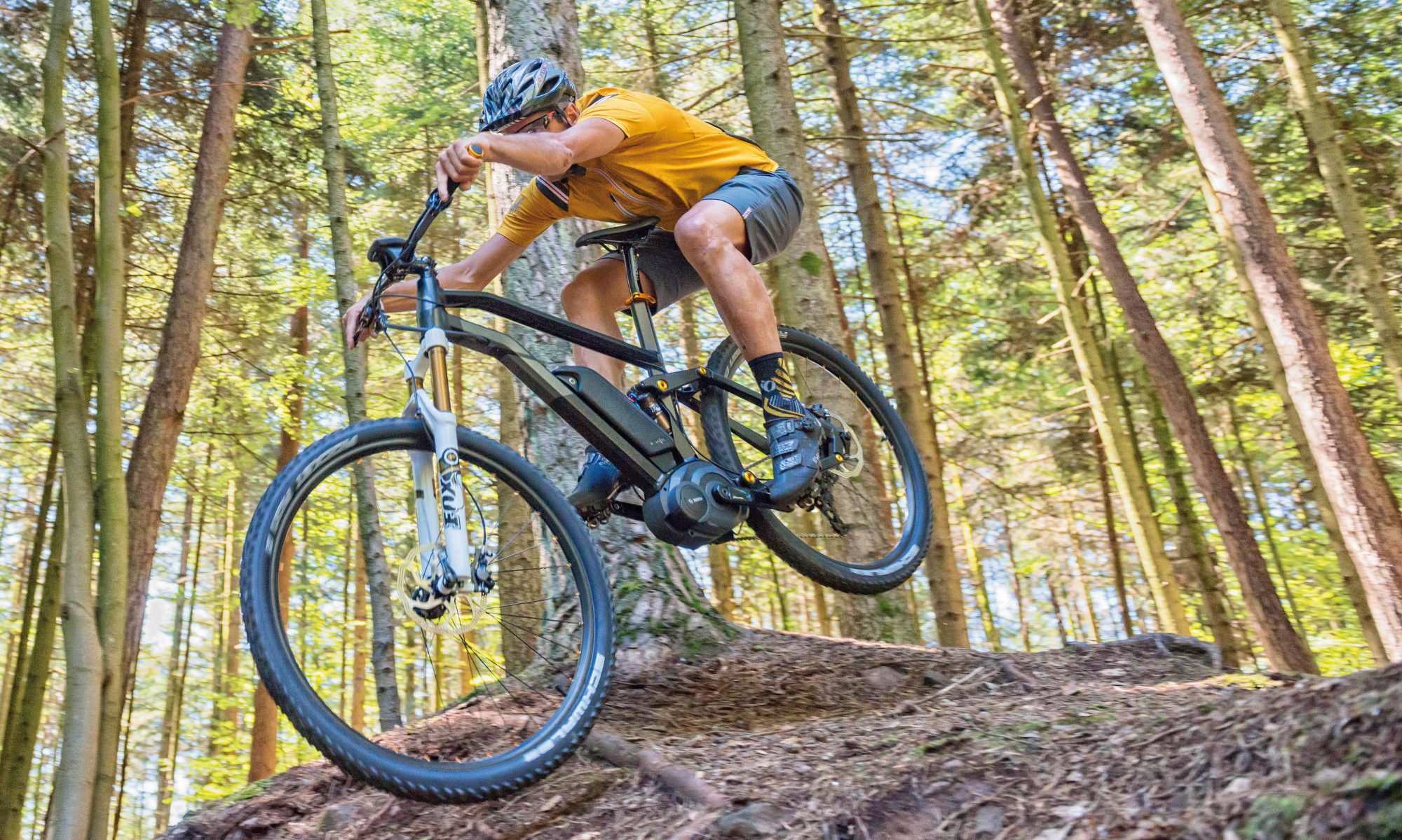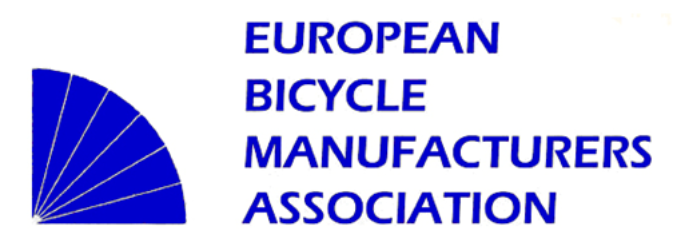The European Bicycle Manufacturers Association (EBMA) represents the EU Bicycle, Pedal-Assist E-Bike and Bike Components Industry with more than 900 SMEs and 110.000 Workers in 23 of 27 EU Member States.
The EU Bicycle, Pedal-Assist E-Bike and Bike Components Industry is a major contributor to the EU’s decarbonization goals and forms one of the EU’s Green Industries.
In light of these observations, EBMA would like to welcome the EU Commission’s initiative to establish a carbon border adjustment mechanism which will ensure that the price of imports reflect more accurately their carbon content in order to accomplish the EU’s green goals and ensure a level-playing field.
Indeed, the Bicycle, Pedal-Assist E-Bike and Bike Components Industry is a very good example of a sustainable EU industry developed locally by SMEs: realistically, the only possible way to seriously cut CO2 and Sulphur dioxide emissions, and create long-term green jobs, is to help and defend the development of EU manufacturing SMEs.
One bicycle or pedal assist bicycle made in the EU generates 61kg to 123kg less CO2 and lethal emissions such as sulphur dioxide than one imported from China. The import of 20 million bicycles and e-bikes, which is the annual EU demand, from China would result in over 2 Million tons of extra emissions globally.
As proven in the study of the Milan Politecnic, these additional emissions would result from:
- 50% by the difference in the manufacturing carbon footprint in China which still relies heavily on coal (for instance, aluminium production in China relies on coal up to 80%, while EU
aluminium production uses only 5% coal).
- the other 50% because of transport emissions: containerships still use heavily polluting sludge oil which causes lethal emissions of sulphur dioxide, and over 60% of containers go back to China empty because of the trade imbalance between the EU and China.
Moreover, the reduction of greenhouse gas emissions with the shift to renewable energy is a major goal for the EU, as stated in guidelines such as the “European Green Deal” (European Commission, 2019), the “2020 climate and energy package” (European Commission, 2008), the “Roadmap for moving to a competitive low-carbon economy in 2050” (European Commission, 2011) and the “2030 framework for climate and energy policies” (European Commission, 2014).
China is by far the biggest polluter in the world and will continue using more and more coal-based energy until 2050 thanks to its unjust status as a developing country (rather than industrialized country) confirmed in the Paris Agreement COP 21. You can also see the pollution radar here: https://earth.nullschool.net/cs/#current/chem/surface/level/overlay=cosc/orthographic=120.92,24.23,450/loc=114.120,24.762
Further, regarding circular economy, the EU bicycle, e-bike and components industry has already started investments now with the EU aluminium industry to adapt secondary alloys for cycle components in the near future. This would improve further and significantly the carbon footprint of EU-manufactured bicycles, e-bikes and components.
Moreover, EU pedal assist e-bike producers have for many years been in the lead worldwide in the promotion of the recycling of old batteries. In addition, EU tire producers are already adopting green compounds made largely from recycled and renewable rubber.
You can read more here.

